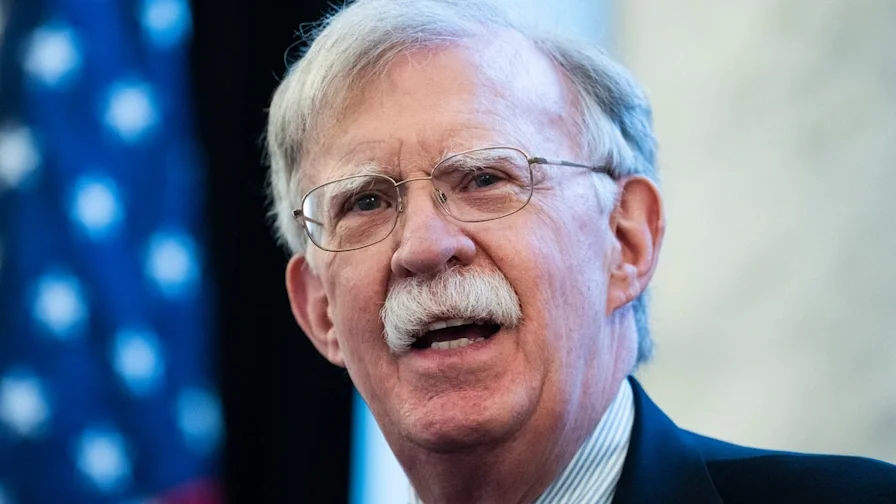
Is California’s Tech Future at Odds with User Privacy?
In a surprising move that highlights the ongoing tension between innovation and regulation, California Governor Gavin Newsom has stepped into the fray over proposed AI regulations, siding with Big Tech giants. This intervention raises critical questions about balancing technological advancement with consumer protections, especially in a state that leads the world in both arenas.
At the heart of the debate is the California Privacy Protection Agency (CPPA), which is drafting rules to govern automated decision-making technologies, including AI. Newsom's letter to the CPPA board, as reported by POLITICO and KQED, warns against overregulation, arguing it could stifle California's dominance in tech innovation. He emphasizes potential 'unintended consequences' and 'substantial costs' that might drive businesses away, echoing concerns from companies like Apple, Google, and Meta. This stance underscores California's dual role as a hub for tech powerhouses and a pioneer in privacy laws, making the outcome far-reaching for national and global standards.

Newsom, known for his business-friendly approach, cites the state's economic reliance on AI companies, which contribute significantly to tax revenues. Critics, including privacy advocates like the ACLU and labor unions such as SAG-AFTRA, argue that this could undermine user rights. For instance, the proposed rules would allow individuals to opt out of AI-driven decisions in areas like hiring, health care, and advertising. Jake Snow from the ACLU told KQED that these are 'simple rules' promoting transparency, yet Newsom's intervention suggests a tilt toward industry interests. CPPA board members are divided; while Chair Jennifer Urban supports strong safeguards, member Alastair Mactaggart fears legal challenges that could overwhelm the agency.
This situation mirrors broader national trends, where deregulation efforts from figures like former President Donald Trump clash with calls for accountability. Business groups, including the California Chamber of Commerce, have lobbied heavily, warning of billions in costs and potential job losses. In contrast, consumer advocates highlight the risks of unchecked AI, such as biased algorithms in employment or health decisions. As Tom Kemp, CPPA's executive director, noted in response to Newsom, the agency is refining its drafts, with a key meeting scheduled for May. The board faces a November deadline to finalize regulations, amid pressures that could set precedents for privacy worldwide.

The implications extend beyond California, potentially influencing federal policies and global tech practices. If these rules are weakened, it might prioritize corporate profits over individual rights, as unions like the California Nurses Association have warned. Ultimately, this debate reflects a pivotal moment for tech governance, where innovation must be weighed against ethical considerations.
In conclusion, Newsom's support for Big Tech in this regulatory battle could reshape California's privacy landscape, raising questions about the true cost of progress. Will user protections be sacrificed for economic gains? As these discussions unfold, it's crucial for readers to consider their own stake in this issue. We invite you to share your thoughts in the comments below—do you think stronger regulations are needed, or is Newsom's caution justified?